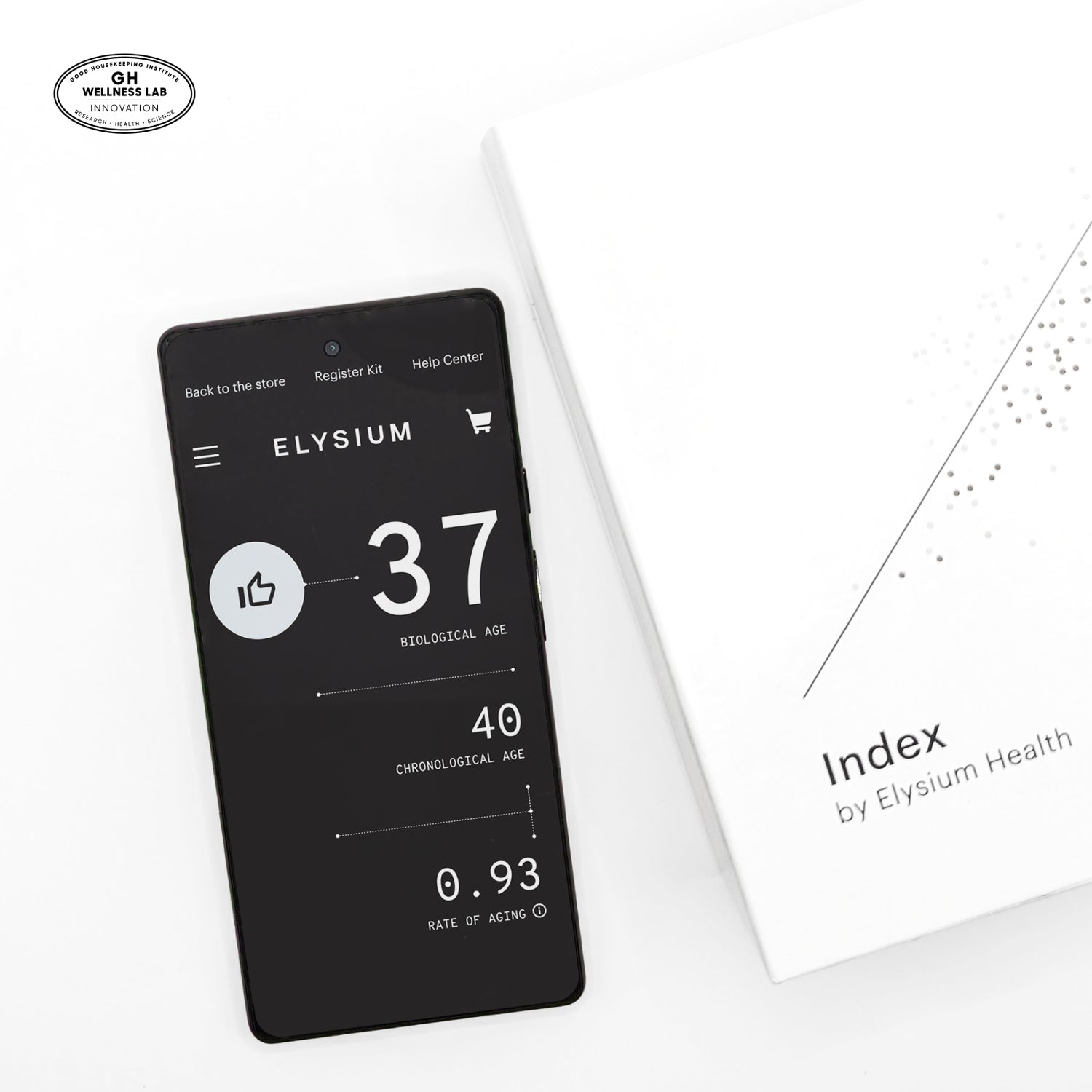Key Takeaways:
-
High levels of the amino acid homocysteine have been linked to brain atrophy in older adults.
-
Levels of homocysteine are regulated by the availability of the B vitamins B6, folate, and B12. Having a good B vitamin status is required to maintain normal homocysteine levels.
-
The University of Oxford's VITACOG study found that supplementing with a B-vitamin complex can significantly reduce brain atrophy and homocysteine levels while also improving cognitive performance in individuals with high levels of homocysteine.
Related Product:
-
Matter: Contains the Oxford-developed B-vitamin complex clinically proven to slow brain atrophy associated with mild memory concerns in the VITACOG study. Matter is doctor-recommended to combat brain aging and support long-term brain health.*
This important amino acid has been attracting attention in the scientific community for its role in brain health.
You probably know about amino acids, the 20 building blocks of proteins that we need to function. Some are made naturally by the body, others need to be acquired through diet. How important are amino acids? Tryptophan, for example, is a precursor to the neurotransmitter serotonin, which regulates our appetite, sleep, and mood. It turns out there are hundreds more that play important roles beyond forming the basic structure of proteins. Scientists and doctors started paying very close attention to one amino acid called homocysteine, in recent decades — and now they think it might be one of the keys to maintaining brain health.
Beginning in the late 1960s, scientific literature began pointing to a connection between high plasma concentrations of homocysteine and health problems, especially those related to the cardiovascular and nervous systems. Over time it has become clear that high levels of homocysteine are related to a variety of age-related health issues. In particular, high plasma concentrations of homocysteine have been shown to correlate with brain atrophy in healthy elderly individuals.
There is some good news: The levels of plasma homocysteine are regulated by the availability of the vitamins B6, folate, and B12. In other words, having a good B-vitamin status is required for maintaining normal homocysteine levels.
What’s more, the University of Oxford’s VITACOG study — which supports our latest product, Matter — drew a direct link between B vitamins, homocysteine levels, and improved health outcomes. In that study, participants in the 2-year trial who were supplemented with a B-vitamin complex had a significant reduction in the rate of brain atrophy (30%) and homocysteine levels (23%). People who came into the trial with relatively high levels of homocysteine also experienced improved cognitive performance as a bonus.
Advances in science and technology are allowing us to create an increasingly nuanced picture of our health, as well as ways we can intervene to improve it. If you’re interested in learning more about your homocysteine levels, it may be worth discussing a blood test with your healthcare practitioner. In the meantime, scientific studies like VITACOG suggest that an important step you can take right now is to start paying attention to your B-vitamin status with your diet and supplementation.
*Based on a 2022 blinded and randomized survey of 151 internal medicine and preventative medicine doctors fielded by a leading healthcare professional sample provider. Each physician was required to have a medical degree (MD), be practicing medicine, and was provided small monetary compensation via the sample provider to participate in the survey.
Get Elysium news, subscriber-only product offers, and a monthly digest of new research in the field of aging. Sign up for our newsletter.




